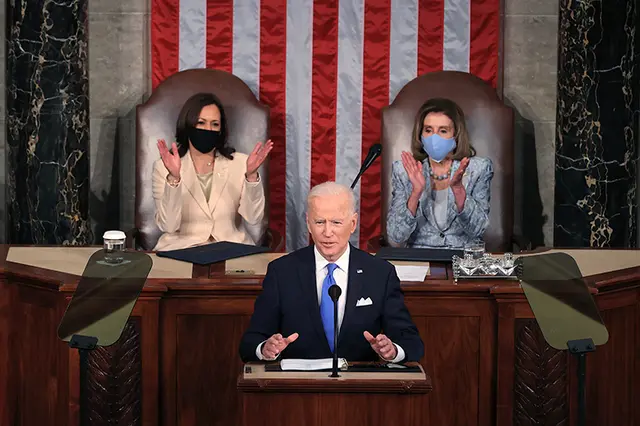By APD Writer Wang Peng
The BRICS as the acronym for a group of five emerging global powers - Brazil, Russia, India, China and South Africa, was originally named in 2001 by Goldman Sachs. Since the first summit of their leaders in 2009, the BRICS countries have met annually at formal summits. This year, the 9th head meeting is held in Xiamen, a beautiful coastal city in southeastern China.
Observers with basic knowledge of Chinese diplomatic discourse aware that Russia as the ‘comprehensive strategic partnership’ of China plays a UNIQUE role in Beijing’s international map, since this title was only offered to Moscow. During the past years, the international society have witnessed the promotion of strategic cooperation between these two Eurasian giants. Now, we may find more evidence of their tacit understandings and agreements at this Summit.
Putin: ‘Within BRICS, nothing is ever forced on anyone’
Before the Summit, Russian President Vladimir Putin wrote in a signed article published on Friday that Russia highly values the multifaceted cooperation with BRICS to create a fair multipolar world and equal development conditions for all.
In this articles, Putin strongly appreciated China’s irreplaceable contribution to BRICS’s ten years development, as well as this its role of chair in this year. He emphasized that China’s conducts have allowed all the five BRICS countries as a group to move forward in all essential areas of their partnership in various fields, including but not limited to politics, economy, security, culture, environment protection and sustainable development.
In Putin’s eyes, perhaps the most important character of BRICS and its host this year is the ‘principles of equality’ and the consequent open and trust-based atmosphere, which means each member of BRICS respects for one another’s opinions and consensus. Within the framework of BRICS, nothing is ever forced on anyone.
Sino-Russian anti-terrorism cooperation
Both China and Russia are the victims of global and regional terrorism. So it is easy to understand why Beijing and Moscow have so many shared common language in this field.
In Middle East, especially in the battle field of Syria, China and Russia shared and mutually benefited from a high level of tacit understanding.
In Central Asia, within the established framework of Shanghai Cooperation Organization (SCO), China and Russia, as well as other five regional countries have already developed a regular regime of anti-terrorism joint actions, such as annual joint anti-terrorism exercise, joint search and rescue exercise, intelligence sharing and so forth.
Peninsular issue: an emerging Sino-Russian coordination of positions
As close neighbours of North and South Korea, the peninsular and DPRK’s nuclear issues are matters of the core interest of both China and Russia. Observing the claims by their leaders during recent years, it seems that Moscow and Beijing have obtained tremendous progress in coordinating the positions and strategic aims in this key issue.
For example, during the Summit, Putin strongly opposed the ideas such as ‘only defeating Pyongyang militarily can stop DPRK’s nuclear ambition’; rather, he highly supported China’s consistent stand that only diplomatic dialogues can figure this problem all out. What is more, as he added, Russia and China are working together to generate a route chart for the final resolution of this issue.
Sino-Russian Economic and trade cooperation
As the world second largest economy, economic and trade cooperation plays an essential role in China’s relations with its partners either within or outside the BRICS framework.
When it comes to Sino-Russian Economic and trade cooperation, the most significant joint projects are the ‘Belt and Road Initiative’ proposed by China and the ‘Eurasian Economic Union’ launched by Russia. Now we are proud to see that those two independent projects are seamlessly converted to each other and play an increasing role in shaping the Eurasian political-economic map.
Looking forward to the near future, as President XI Jinping underlined at the Summit, we have ample reasons to believe that ‘the next ten Golden Years of BRICS will be more glorious and magnificent’; so is the Sino-Russian relations within the equal, fair and productive framework of BRICS.
Dr. Wang Peng, Research Fellow at the Charhar Institute and Lecturer at the China Institute of Fudan University, researcher of APD Institute.
(ASIA PACIFIC DAILY)
 简体中文
简体中文

